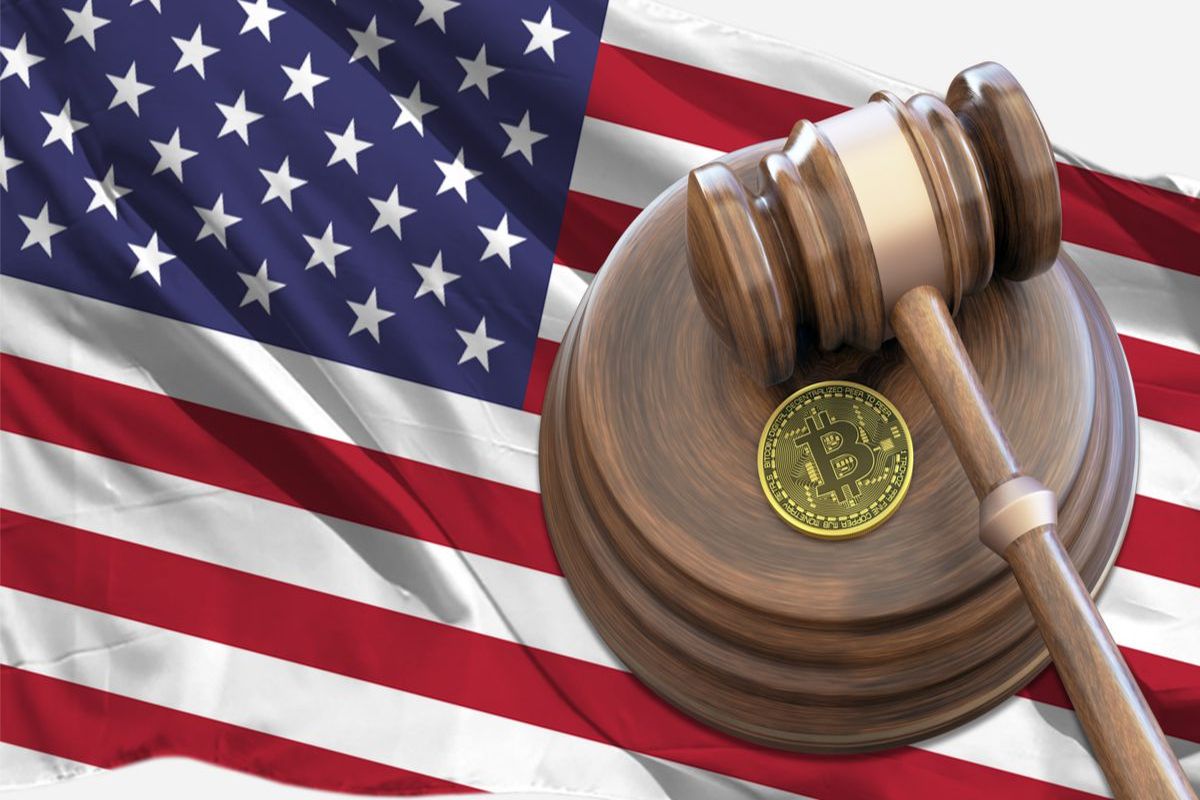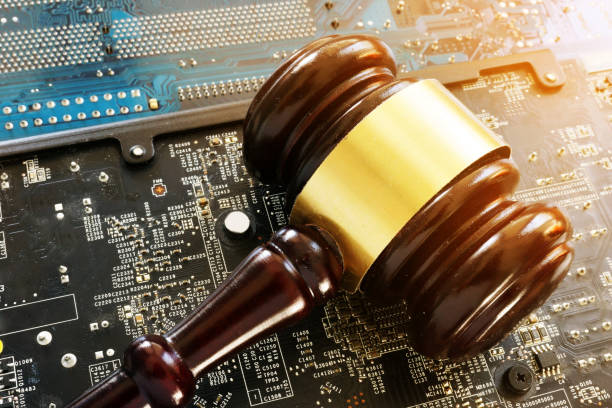After a year dominated by disastrous shortcomings, crypto executives and investors hoped that 2023 would usher in a new dawn. Instead, the sector has found itself backed in a corner by an aggressive government crackdown.
In January, the Securities and Exchange Commission levied fines and multiple other penalties against crypto lending companies, while the federal banking representatives delivered policy statements that seemed calculated to make it quite hard for crypto firms to participate in the mainstream finance network.
In recent days, the government crackdown on crypto and crypto firms has accelerated. Two high-profile crypto companies, including an exchange, were bombarded with intensive pressure from the state and federal watchdogs.
After announcing a settlement with Kraken exchange, the SEC also fined a cryptocurrency promoter and sued a start-up that issued digital coins, for up to three enforcements within a week. These actions were an introduction to an intensive spell of legal wrangles, as regulators respond to the market turmoil that pushed major crypto firms to file for bankruptcy in 2022 and cost investors billions of dollars.
Illustratively, this enforcement represents an increasing urgency in Washington to address the significant threat posed by cryptos, an experimental technology that supports new types of financial speculation.
The executive director of the Blockchain Association, Kristin Smith, stated:
“I’ve been referring to it as the crypto carpet bombing. Every couple hours we hear of some new enforcement action.”
For several years, authorities were criticized for failing to regulate the crypto sector, even as it expanded into a multitrillion-dollar business. In November 2022, the FTX crypto exchange, once known as one of the most reliable companies in the freewheeling sector, crumbled overnight and its founder, Sam Bankman-Fried, was taken to court for orchestrating a year’s-long fraud.
This incident put regulators under massive pressure to take action. Crypto firms have existed in a legal gray area for long, with lawmakers and government officials debating how they can be classified for regulation. The sector’s growth has outstripped the slow-moving federal bureaucracies that oversee other parts of the financial sector, including publicly traded firms and traditional banks.
Related: Crypto Regulations and Their Effect on the USA Market
The US Government May Marginalize Crypto
After FTX filed for bankruptcy in November, the Justice Department, the SEC, and the Commodity Futures Trading Commission (CFTC), another watchdog, all brought strong cases against Sam Bankman-Fried and two of his top executives.
But the activity against the wider sector picked up in January when the SEC fined the cryptocurrency lender Nexo $45 million and charged Genesis with offering unregistered Securities.
In recent weeks, the SEC confirmed a settlement with the Kraken cryptocurrency exchange that stopped offering one of its popular investment products from the United States market, which could have widespread impacts on the entire sector. The SEC also sent Paxos a warning of a possible lawsuit over securities violations.
Last week, the SEC sued Terraform Labs, Luna, and TerraUSD developer, which collapsed last spring and caused a massive meltdown in crypto prices. In that context, the agency announced that the former National Basketball Association (NBA) star Paul Pierce agreed to pay $1.4 million to settle charges that he marketed crypto without proper disclosures.
In January, three top financial watchdogs sent a letter to banking organizations warning them to be cautious in dealing with cryptos. In January, the Federal Reserve denied a Custodia Bank application to join the central bank’s payment system.
Operation Choke Point Activated
The enforcement wave caused anxiety and outrage in the crypto sector. Some sector advocates have said that the government efforts are “Operation Choke Point 2.0,” referring to a law enforcement campaign in the 2010s to ensure that banks do not work with various businesses.
One lawyer advises executives to prepare for up to five years of high-stakes, expensive litigation with the authorities. Crypto firms have privately consulted on what law companies to hire to handle government lawsuits.
The chief legal officer of Coinbase crypto exchange, Paul Grewal, said:
“What’s happening today is a coordinated effort that cuts across multiple agencies and seemingly reflects a unitary view that the entire crypto industry needs to be restrained. It’s important for the crypto industry to prepare itself for a long fight.”
Since its inception, the crypto sector has attracted lots of scrutiny from regulators. In 2021, as the market exploded to great heights, some officials in Washington cautioned about the nascent technology.
Related: Crypto Regulation Is Important For The Industry To Thrive, SEC’s Hester Peirce
SEC chair Gary Gensler has argued previously that most cryptos are securities, similar to shares traded on the stock market, and need to be subjected to the same strict regulatory measures. His office spent months building cases against cryptocurrency companies, some of which are currently coming to fruition.
Consequently, the crypto sector recruited allies in Congress who proposed a law that would make it easier for firms to offer many experimental products in the US.
Since FTX’s implosion, the tenor of these discussions has considerably changed. Privately, Capitol Hill staff who previously appeared enthusiastic about the crypto sector have expressed doubts and have supported Gensler’s enforcement campaign.
The SEC’s $30 million settlement two weeks ago with the Kraken exchange worried crypto proponents. Kraken agreed to stop offering to stake, a service that has been lucrative for the sector. Investors are worried that the US regulator might also block other crypto companies from offering similar services.
The New York Department of Financial Services (NYDFS) ordered Paxos to stop issuing BUSD stablecoin affiliated with Binance, the world’s biggest crypto exchange. Paxos confirmed on the same day that it received a warning letter from the SEC warning it that it would soon be charged with securities violations over BUSD offering.
Related: Will Declaring BUSD A Security Thwart Crypto Progress?
A crypto lawyer at Steptoe & Johnson, Jason Weinstein, commented:
“We’re seeing an arms race between federal agencies in the U.S., competing to show how tough they can be on crypto. There are a lot of sheriffs in town, and each is trying to assert control over the same town.”
Some of these legal actions have increased fears that Crypto companies might find it challenging to create viable relationships with the traditional financial network. Last month, the Federal Deposit Insurance Corporation, the Federal Reserve, and the Office of the Comptroller of the Currency published a joint statement highlighting strict terms of risks of getting intertwined with cryptocurrency.
One crypto investor, Nic Carter, wrote in a widely cited blog post:
“The administration’s efforts are no secret. Exchanges might be shut off from the banking system entirely.”
The Coinbase lawyer, Mr. Grewal, concluded:
“There’s no question that this current moment is different. Our mindset is that we’re prepared to engage for as long as it takes to get the rules right.”










